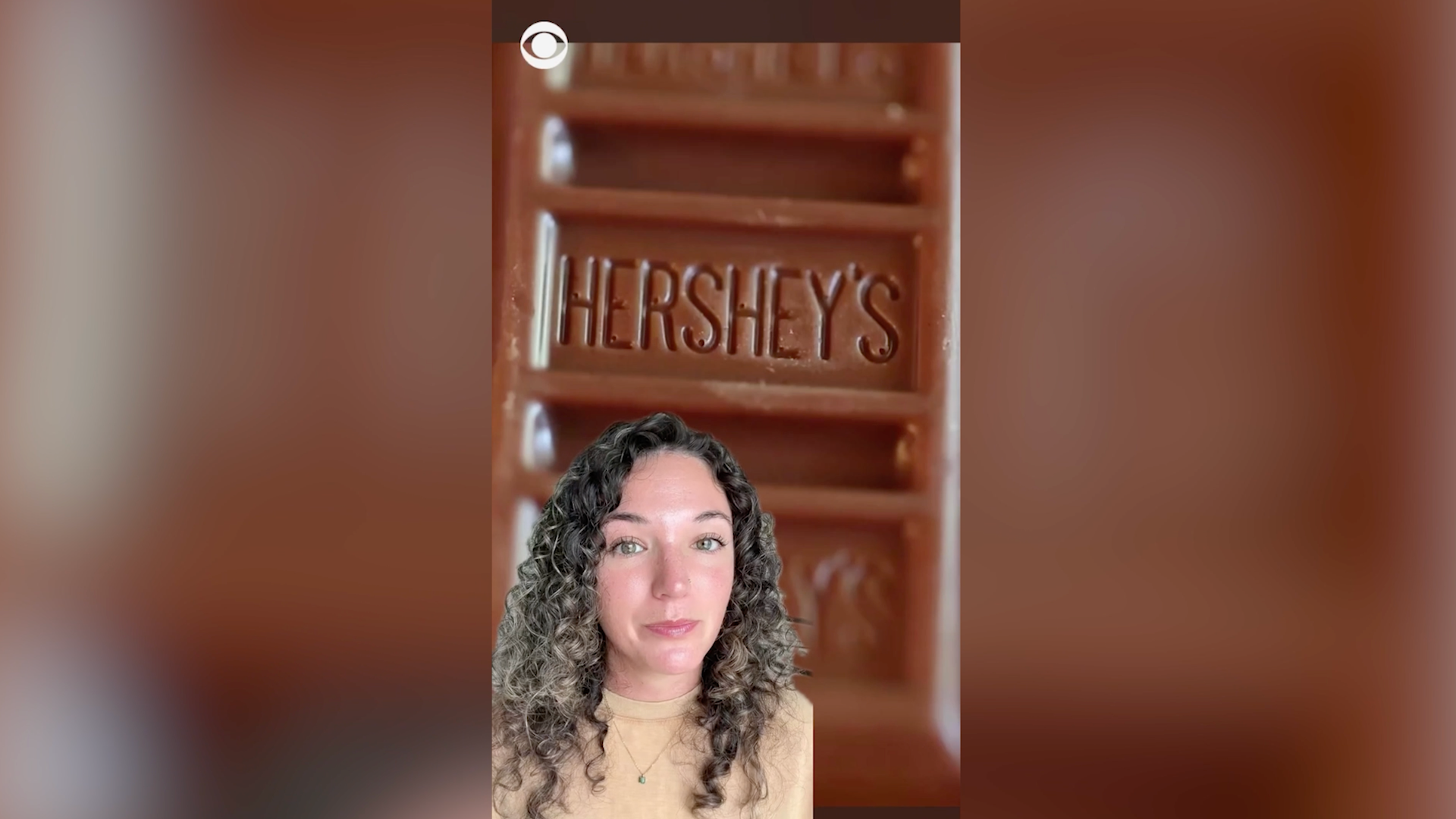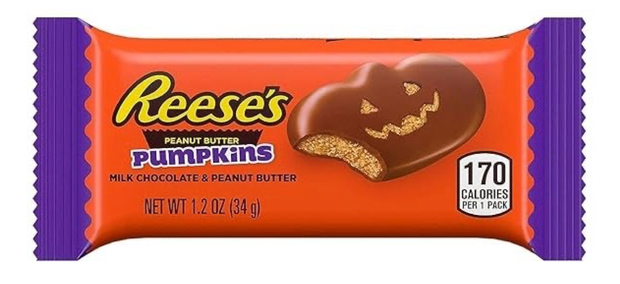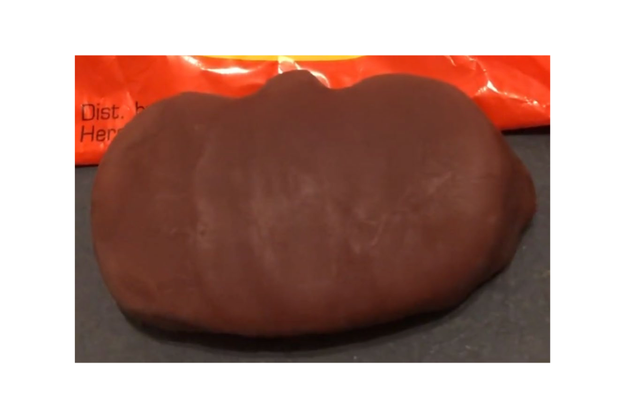Hershey candy prices increasing amid global cocoa shortage

Hershey received a treat Friday when a judge dismissed a lawsuit claiming the company's Reese's candies tricked customers by depicting spooky Halloween designs on their packaging, while the unwrapped chocolates were in fact featureless.
U.S. District Judge Melissa Damian ruled Friday that the consumers who filed the class-action lawsuit failed to show that the lack of confectionary details on the chocolate and peanut butter candies, such as missing mouths and eyes on jack-'o-lanterns, ghosts and other Halloween-themed figures, had cause them economic harm.
Damian pointed out that while the consumers may have been disappointed by the chocolates' unwrapped appearances, the candies were not "so flawed as to render them worthless." In other words, the chocolate still tasted like chocolate, even if they weren't as haunting as the purchasers had expected from the packaging.
 A 2024 lawsuit alleged Hershey had engaged in deceptive advertising by depicting chocolate pumpkins with carved faces, when the unwrapped chocolates were blank. A judge dismissed the lawsuit on Sept. 19.
U.S. District Court of Southern Florida
A 2024 lawsuit alleged Hershey had engaged in deceptive advertising by depicting chocolate pumpkins with carved faces, when the unwrapped chocolates were blank. A judge dismissed the lawsuit on Sept. 19.
U.S. District Court of Southern Florida
The lawsuit focused on several Hershey candies that are marketed around Halloween, including its Reese's Peanut Butter Pumpkins and its Reese's White Ghost, as well as a few other holiday-themed chocolates like its Reese's Peanut Butter Shapes Assortment Snowmen Stockings Bells.
The original lawsuit, filed in 2024, claimed that Hershey used deceptive advertising because the "artistic designs" depicted on the wrappers were absent from the actual candies.
 A photo of an unwrapped Reese's Peanut Butter Pumpkin included in a 2024 lawsuit alleging deceptive advertising over the difference between the wrapper and the appearance of the actual candy.
U.S. District Court of Southern Florida
A photo of an unwrapped Reese's Peanut Butter Pumpkin included in a 2024 lawsuit alleging deceptive advertising over the difference between the wrapper and the appearance of the actual candy.
U.S. District Court of Southern Florida
But the difference between the wrappers and the chocolates' actual appearances wasn't enough to prove "a concrete economic injury," Damian wrote on Friday.
"Plaintiffs' conclusory allegations as to why they have allegedly been deprived of the benefit of their bargain all boil down to their subjective, personal expectations of how the products would or should have looked when unpackaged," the judge added.
Anthony Russo, an attorney for the consumers who sued Hershey, said that they intend to amend the complaint.
"The court is merely saying that the plaintiffs did not expressly allege in the complaint that the products were worthless to them or that they paid a price premium and allowed plaintiffs to amend the complaint, which they will be doing," Russo told CBS News.
He added, "We believe that companies should not be awarded with sales when they falsely represent the main characteristic of the product and only have to pay damages if it can be shown that the consumers paid a premium."
Hershey didn't immediately respond to a request for comment.
Aimee Picchi is the associate managing editor for CBS MoneyWatch, where she covers business and personal finance. She previously worked at Bloomberg News and has written for national news outlets including USA Today and Consumer Reports.


















































